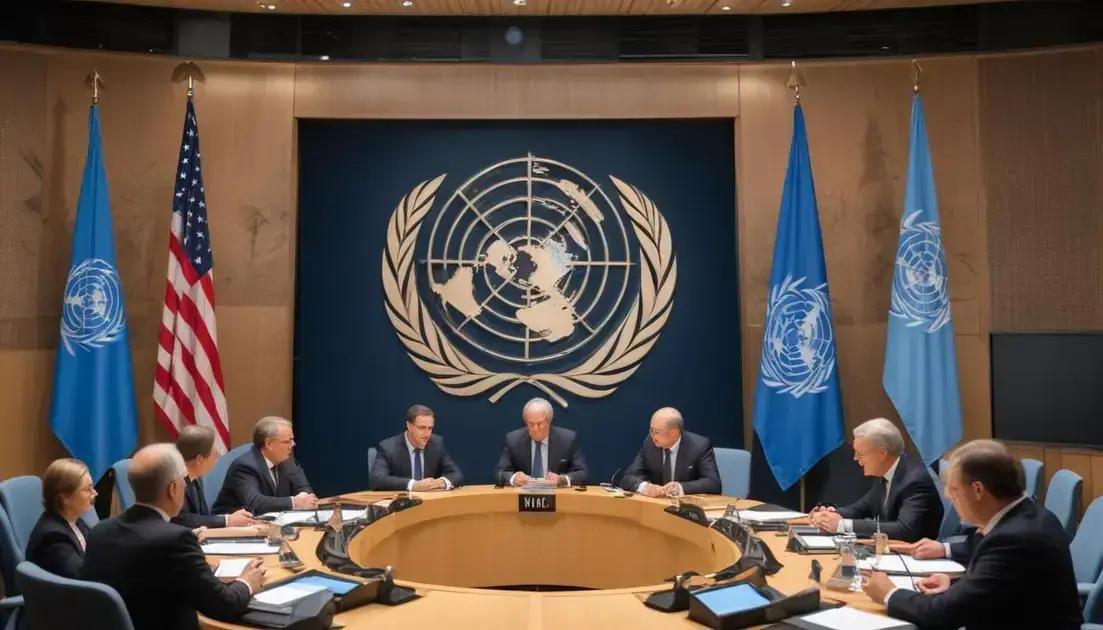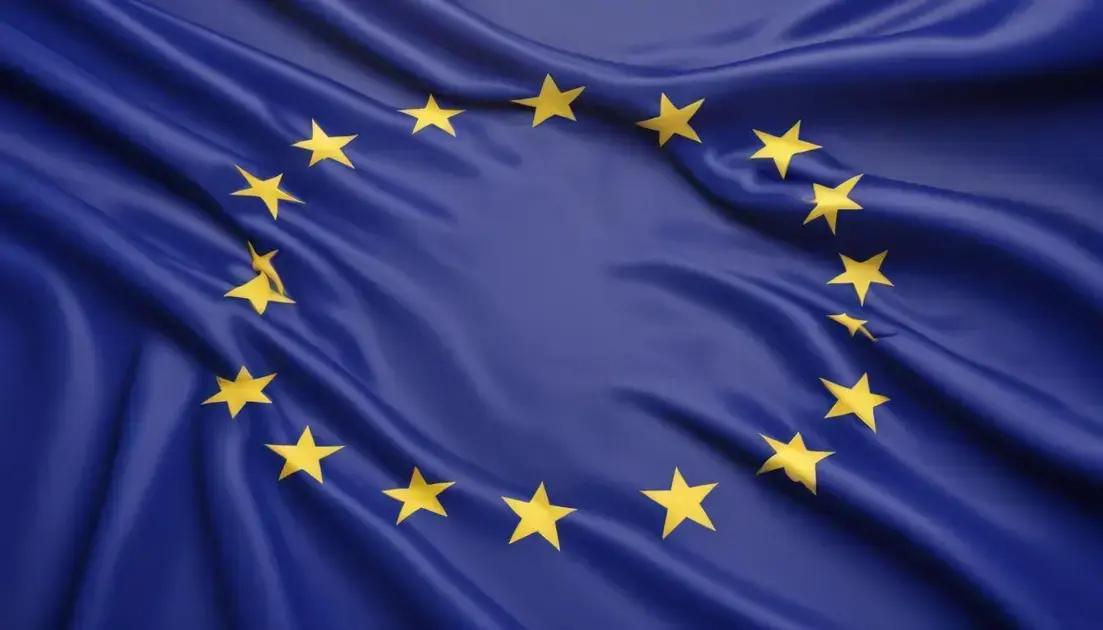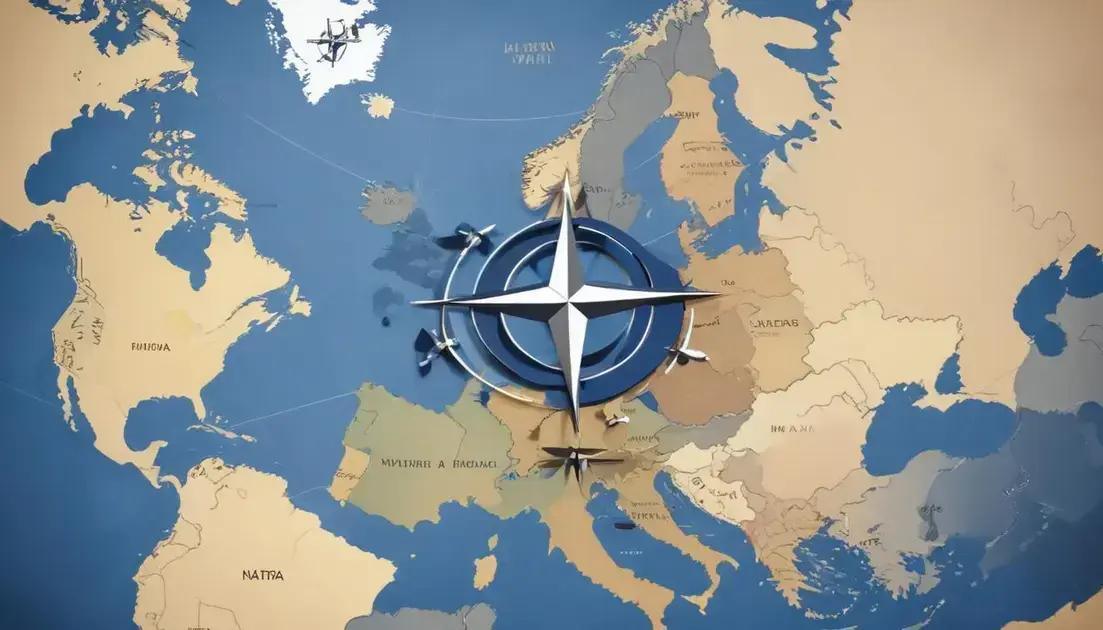
UN and NATO: diplomacy in crisis in the 21st century
The UN and NATO play crucial roles in today’s multipolar world, addressing global challenges like conflicts, cybersecurity, and climate change. As power shifts among nations, these organizations must adapt their diplomatic strategies, leveraging technology for enhanced communication. The future of international relations will depend on collaboration, respect for diverse perspectives, and strong international partnerships to promote peace and stability.
UN and NATO are at a crossroads, grappling with a rapidly evolving world. Join us as we explore the complexities of modern diplomacy!
Introduction to UN and NATO’s roles
The UN and NATO have important roles in maintaining peace and security around the world. The United Nations focuses on diplomacy, international cooperation, and human rights. It works to solve conflicts through dialogue and negotiation.
NATO, on the other hand, is a military alliance. It was formed to protect its member countries against threats. NATO encourages collective defense, meaning if one member is attacked, all members respond.
Both institutions were established in the mid-20th century, following World War II. They were created to prevent future conflicts and promote global stability. However, their roles and challenges have evolved as the world has changed.
In recent years, both the UN and NATO have faced criticism. Some people question their effectiveness in addressing modern issues like terrorism and climate change. Yet, they still play a crucial role in international relations.
Challenges faced in the 21st century
In the 21st century, the UN and NATO face many challenges. One major issue is the rise of new conflicts. These range from regional disputes to terrorism. Tensions between nations have increased, making peacekeeping harder.
Another challenge is the changing nature of warfare. Cyber attacks and misinformation campaigns are real threats that neither organization was originally designed to handle. This makes it tough to maintain security and trust.
Additionally, global issues such as climate change are adding pressure. Both organizations must adapt to address problems that affect everyone, like natural disasters and resource shortages. These challenges require a united front.
Public perception is also a rising challenge. Some people doubt the effectiveness of these organizations. Weaknesses in responding to crises can lead to loss of credibility. Gaining public support becomes essential for their ongoing success.
Impact of technology on diplomacy
Technology has changed the way diplomacy works today. It allows countries to communicate quickly and share information instantly. This fast exchange can help solve problems before they escalate.
One big change is the rise of social media. Diplomats now use platforms like Twitter to reach people directly. This can shape public opinion and influence international relations.
Another impact comes from cybersecurity. Nations must protect their data from attacks and misinformation. A single hack can lead to huge diplomatic crises. It’s crucial for countries to safeguard their systems.
Furthermore, video conferencing has become essential. Meetings can happen remotely, which saves time and money. This means officials can connect more often and discuss issues without traveling.
However, there’s also a downside. Too much reliance on technology can create misunderstandings. Lack of face-to-face interaction might lead to miscommunications. Finding a balance between tech and personal connection is key.
The multipolar world and its implications
We live in a multipolar world, where power is spread among many nations. This is different from a unipolar world, where one country is dominant. In a multipolar world, countries must work together more often.
New centers of power are emerging. Countries like China, India, and Brazil play bigger roles in global affairs. This change affects trade, security, and diplomacy. Nations can no longer rely solely on superpowers.
This shift leads to more cooperation, but it also brings challenges. Conflicts may arise as different nations vie for influence. Countries must find ways to manage their relationships carefully.
Additionally, issues like climate change affect everyone. It requires collaboration among many nations, not just a few. The multipolar world encourages countries to address global problems together.
Overall, this new landscape makes diplomatic efforts more complex. Countries must communicate openly to avoid misunderstandings and work towards shared goals.
Future of international relations
The future of international relations looks complex and dynamic. Global challenges like climate change, terrorism, and economic inequality will shape how countries interact. Nations must work together to find solutions, and this will require new approaches.
Technology plays a big role in shaping international relations. Advances in communication allow countries to connect quickly. However, they also create new issues, like cybersecurity risks. Nations will need strong policies to address these threats.
Collaboration is essential. Countries may form alliances that include not just military partnerships, but also economic ones. This means working together on trade, health, and environmental issues.
Additionally, public opinion will influence decisions. People care about global issues, and their voices are heard more than ever. Diplomats must consider how their actions impact citizens back home.
Overall, the future demands adaptability. Countries that respond quickly to change will thrive in international relations. The focus will be on building partnerships and finding common ground.
Conclusion
In conclusion, the role of the UN and NATO in today’s world is more important than ever. As we face challenges like conflicts, cyber threats, and climate change, these organizations must adapt and evolve. The rise of new powers in a multipolar world requires cooperation and ongoing dialogue among nations.
Technology continues to change the landscape of diplomacy, offering new tools for communication and problem-solving. However, it also brings challenges that we must be ready to tackle. Looking to the future, international relations will rely on strong partnerships and a willingness to engage with a variety of perspectives.
Ultimately, as countries navigate these complex issues, the key will be collaboration. By working together, nations can create a safer, more stable world for everyone. Embracing change and focusing on common goals will help ensure a positive impact on global affairs.


